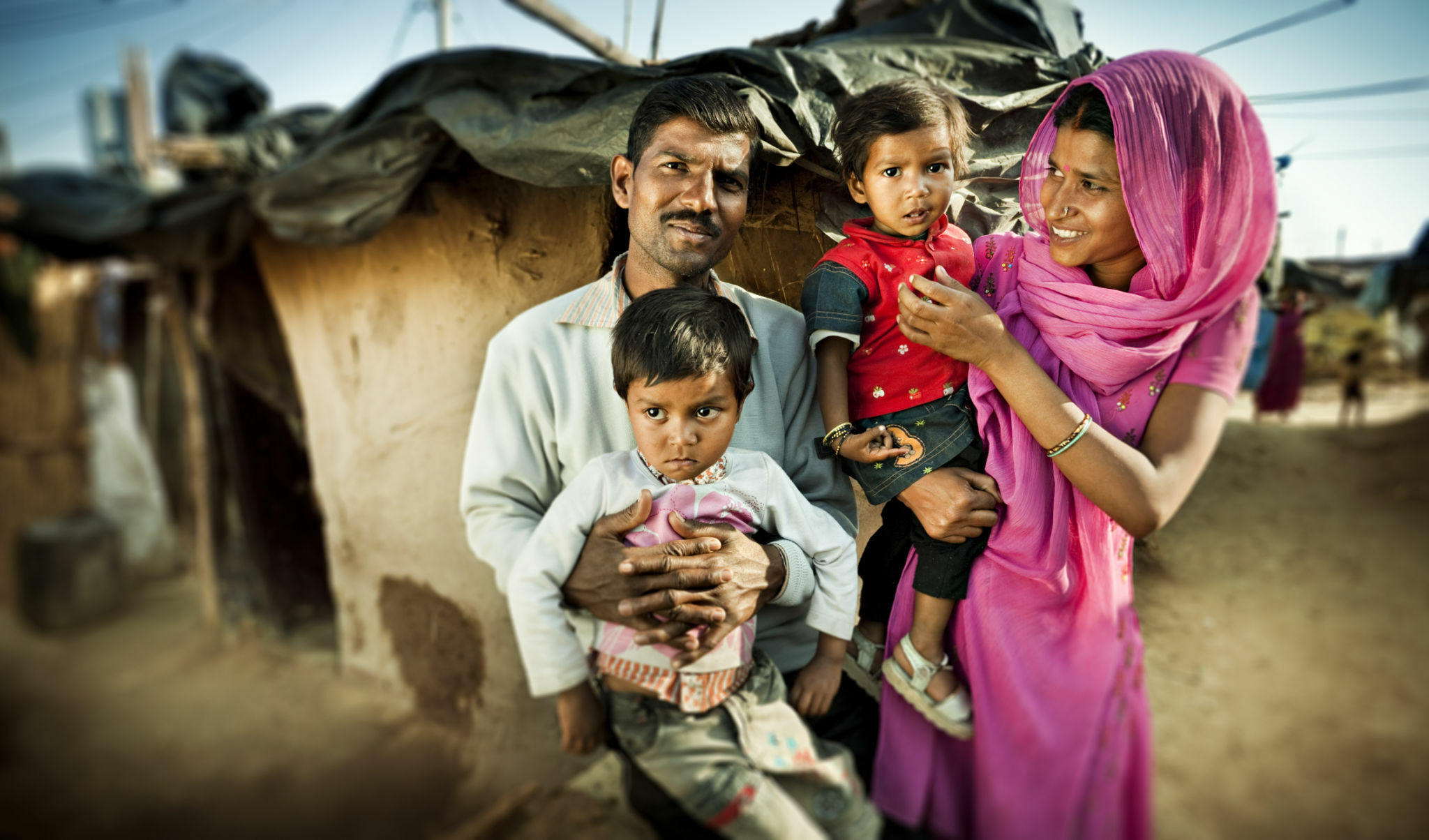Table of Contents
Explore the complex reasons behind Why Poor People Have More Children than they can afford, including cultural norms, education gaps, and health access.
In today’s world, where population dynamics are increasingly coming under scrutiny, understanding the factors influencing birth rates, particularly among the economically disadvantaged, has never been more crucial. This comprehensive analysis delves into the 10 fundamental reasons Why Poor People Have More Children, offering a nuanced perspective on this complex issue.
Understanding Reasons Why Poor People Have More Children
Economic Security and Labor Force
In many low-income families, children are viewed as a source of economic security, especially in their later years. This is rooted in the cultural belief that children will become wage earners who can contribute to the family income. In agrarian or manual labor-intensive societies, having more children equates to having more hands to work, directly impacting the family’s ability to generate income.
Limited Access to Education
Education plays a pivotal role in family planning and reproductive fitness. Poor human beings frequently have confined access to schooling, which influences their knowledge and implementation of start management methods. This lack of training leads to a higher rate of accidental pregnancies, finally resulting in larger family sizes.
Read also: MasterCard Names Devin Corr as Head of Investor Relations

Cultural and Religious Beliefs
Cultural norms and religious beliefs significantly influence family planning decisions. In many cultures, having a large number of children is seen as a blessing and a symbol of prosperity. Moreover, certain religious doctrines advocate for larger families and may discourage or even forbid the use of contraceptives.
High Infant Mortality Rates
In regions with high infant mortality rates, families tend to have more children as a buffer against the loss of a child. This is a pragmatic approach in areas where healthcare is inadequate and child mortality is high, leading parents to anticipate and compensate for the possibility of losing one or more children.
Lack of Access to Healthcare and Family Planning
A critical factor is the lack of access to healthcare services, including family planning and reproductive health services. Poor people often live in areas where such services are either unavailable or unaffordable, leading to higher birth rates.
Gender Roles and Expectations
Traditional gender roles and societal expectations can pressure women into having more children. In many societies, a woman’s value is often tied to her ability to bear children, particularly sons, leading to larger family sizes.
Economic Incentives and Government Policies
In certain contexts, government policies and economic incentives encourage larger families. Tax breaks, child benefits, and other forms of financial support can inadvertently motivate families to have more children.
Lack of Social Security
In the absence of robust social security systems, children are often seen as a form of insurance for old age. Parents in poor communities may rely on their offspring for support and care in their later years, leading to a preference for larger families.

Marrying at a Younger Age
Early marriages, particularly in impoverished regions, lead to longer fertility windows, thereby increasing the likelihood of having more children. Young couples, often with limited knowledge and access to family planning, start families at a younger age.
Social and Peer Pressure
Social norms and peer pressure can play a significant role. In communities where large families are the norm, couples may feel compelled to conform to these standards, leading to a cycle of high fertility rates.
Why do people have so many kids they can’t afford?
People may also additionally have extra kids than they could control to pay for because of several reasons, which include restricted access to to circle of relatives making plans, lack of education on reproductive health, cultural and societal pressures, and the notion that kids can offer economic aid or care in vintage age. Additionally, in some areas, excessive infant mortality costs bring about huge families as a guards.
People Usually Ask
Why do poor people have more children?
Economic security, lack of education, cultural norms, and limited access to healthcare and contraception contribute to higher birth rates among the poor.
Why are children more likely to live in poverty?
Children are more likely to live in poverty due to low family income, inadequate access to education and healthcare, and socio-economic disparities.
Why do people have lots of children?
People have lots of children due to cultural and religious beliefs, societal norms, lack of family planning knowledge, and seeing children as economic assets.
How do I stop craving my baby?
To manage cravings during pregnancy, maintain a balanced diet, stay hydrated, and consult with a healthcare provider for appropriate nutritional guidance.
Final Words
Understanding the intricate reasons behind why poor people tend to have larger families is vital for developing effective policies and interventions. It requires a multifaceted approach, addressing educational, healthcare, cultural, and economic aspects.




